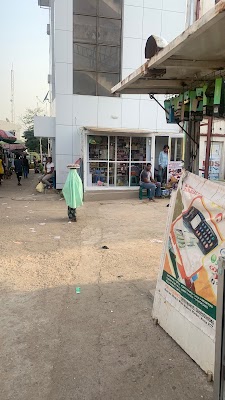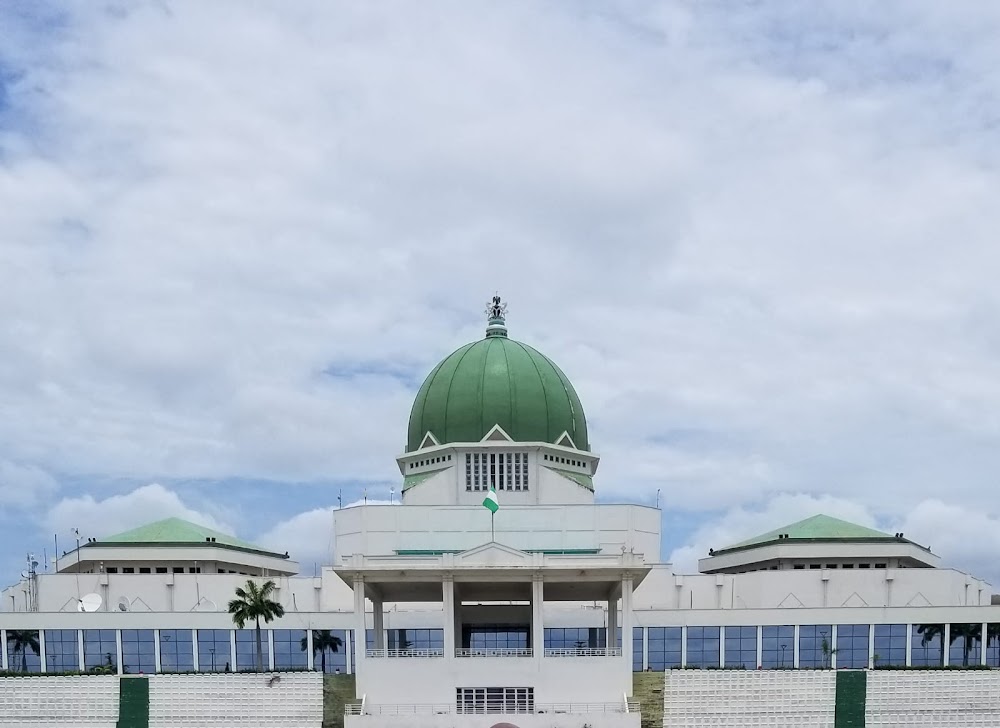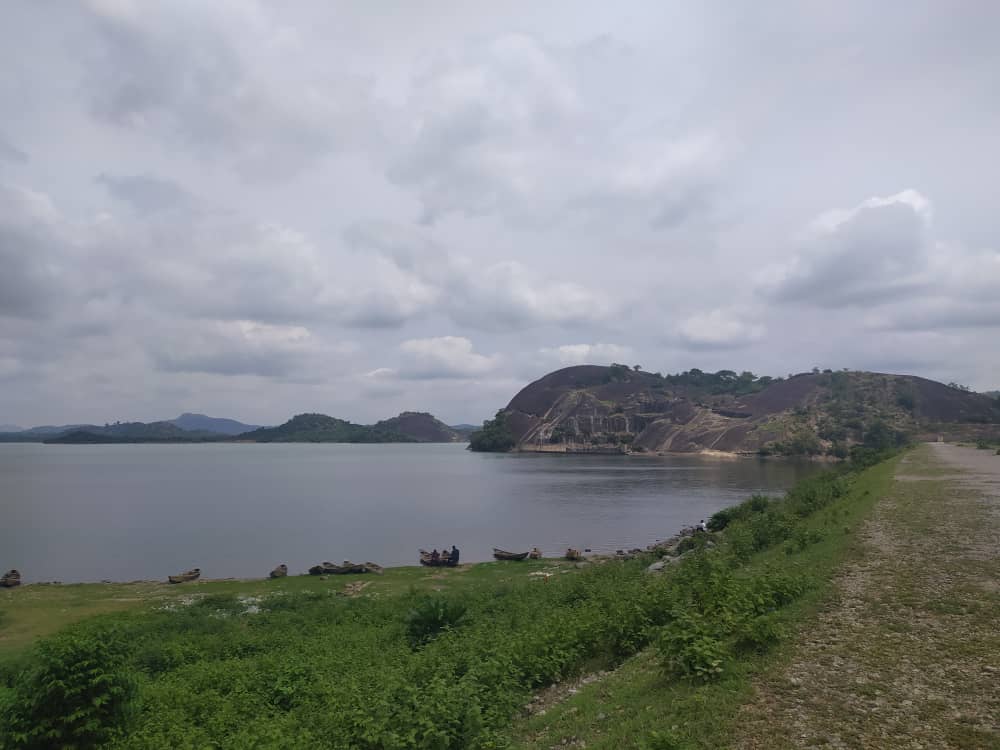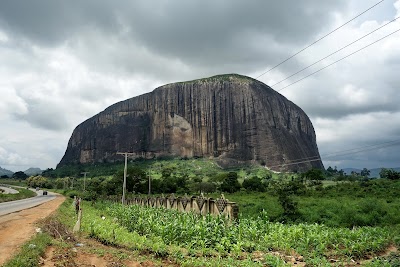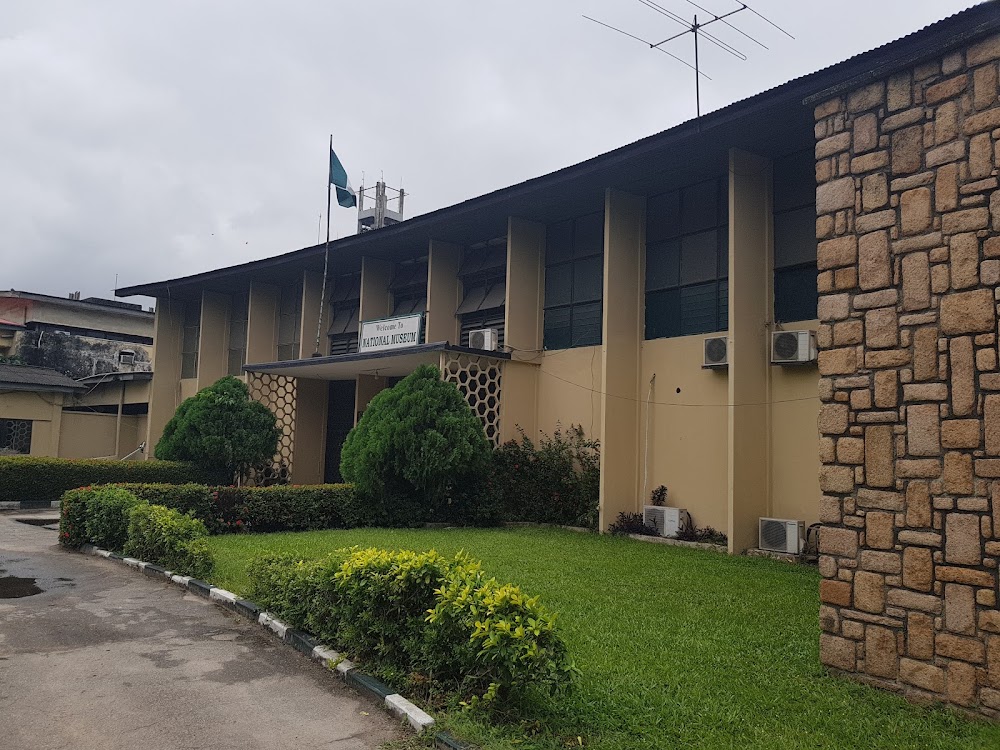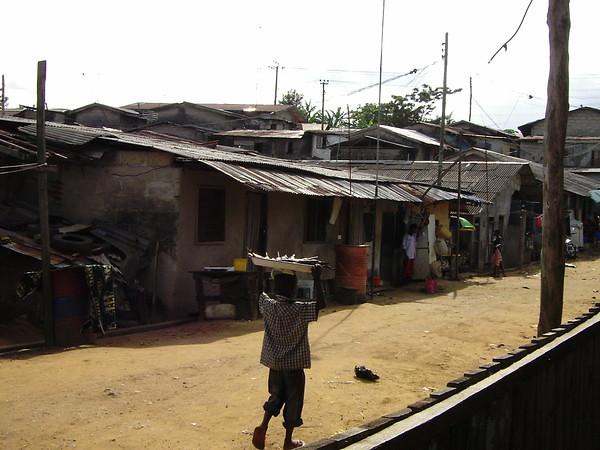Abuja
Overview
Overview of Abuja
Abuja, the capital city of Nigeria, is located in the heart of the country within the Federal Capital Territory. Established as the capital in 1991, Abuja was chosen for its geographical neutrality, making it a melting pot of Nigeria's diverse cultures and communities. As you stroll through the city, you'll notice a harmonious blend of modernity and tradition, with impressive infrastructure juxtaposed against the backdrop of Nigeria's rich cultural heritage.
The atmosphere in Abuja is vibrant and dynamic. The city is characterized by its lush greenery, well-planned neighborhoods, and stunning architectural designs, including the iconic National Mosque and National Cathedral. These landmarks exemplify Nigeria’s religious diversity and serve as gathering places for people of different faiths. Additionally, the city is known for its spacious layouts, which provide a more relaxed environment compared to the bustling streets of other Nigerian cities like Lagos.
Culturally, Abuja reflects the mosaic of Nigeria’s ethnic groups, with over 250 different ethnicities represented. This diversity is celebrated through numerous festivals and events held throughout the year. One of the most notable is the Abuja Carnival, which showcases vibrant parades, traditional dances, and colorful costumes, allowing visitors to experience the rich tapestry of Nigerian culture. The city is also home to several art galleries and cultural centers, such as the Nigerian National Arts Theatre, where local artists exhibit their works, providing insight into the nation's artistic expressions.
The historical significance of Abuja is profound; it represents a new beginning for Nigeria, both politically and socially. The Aso Rock, a prominent 400-meter monolith, serves as a symbol of power, housing the Presidential Complex, and stands as a reminder of the country’s ambitions and aspirations. The city’s development has positioned it as a hub for political activities and international diplomacy, making it a focal point for foreign visitors seeking to understand Nigeria's governance and socio-economic landscape.
Local characteristics of Abuja include its bustling markets and exquisite dining options. The Wuse Market is a must-visit for travelers looking to engage with local vendors and experience the vibrant atmosphere of Nigerian commerce. Here, you can find everything from traditional clothing and handicrafts to spices and fresh produce. The culinary scene is equally impressive, offering a variety of restaurants and eateries serving both local dishes, such as jollof rice and suya, and international cuisine. Food lovers will delight in exploring the city’s diverse flavors, reflecting its cultural richness.
Abuja is also a center for outdoor activities and relaxation. The Jabi Lake serves as an oasis in the city, where visitors can enjoy boat rides, picnicking, or simply soaking in the picturesque views. The lakefront area is lined with cafes and restaurants, making it a perfect spot for a leisurely afternoon. For those seeking adventure, the nearby Gurara Falls offers a stunning natural retreat, ideal for hiking and exploring the beauty of Nigeria's landscape.
In summary, Abuja is a captivating city that offers a unique blend of culture, history, and modern living. It stands out as a symbol of Nigeria’s unity and progress, inviting travelers to immerse themselves in its rich experiences and diverse communities. Whether you are exploring its historical landmarks, indulging in its culinary delights, or enjoying the serene landscapes, Abuja promises an unforgettable journey into the heart of Nigeria.
Top Landmarks and Attractions in Abuja
Discover the must-see spots and hidden treasures this city has to offer
Other towns or cities you may like in Nigeria
Explore other cities that share similar charm and attractions.


